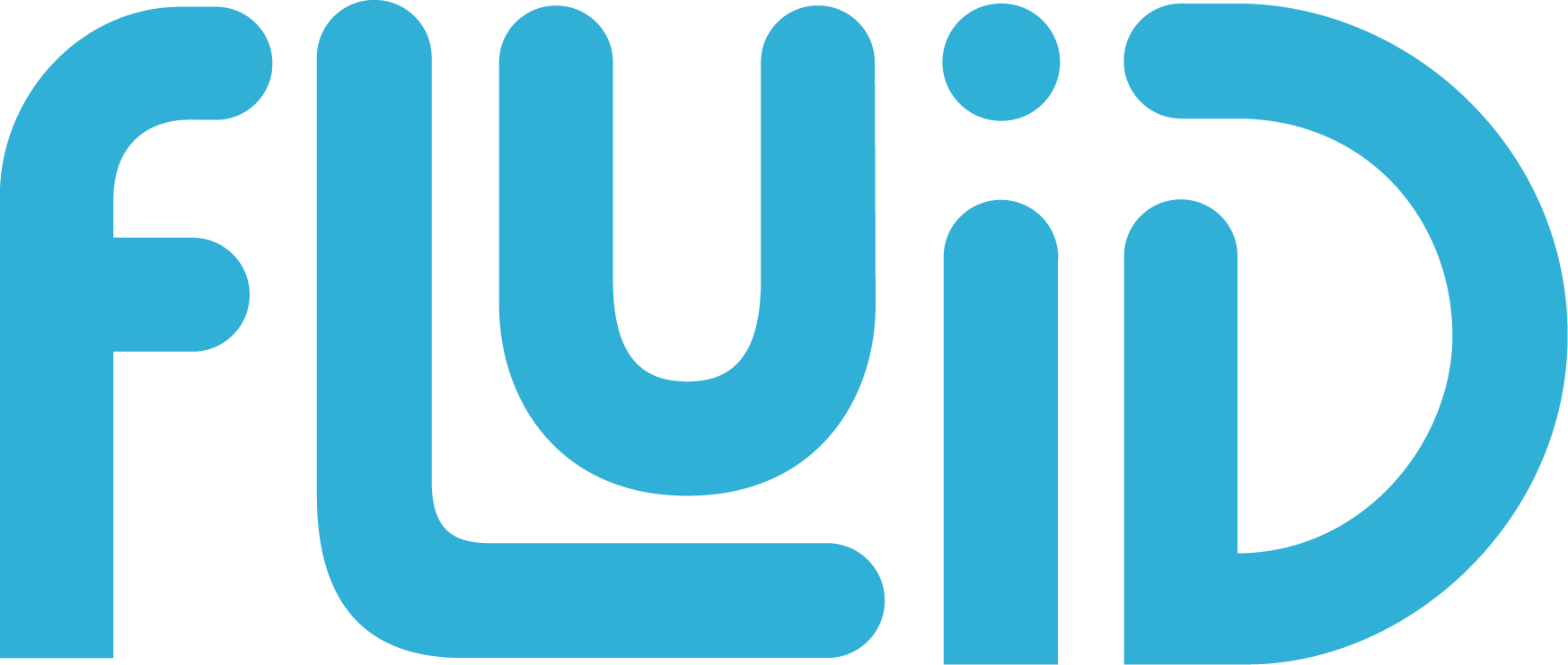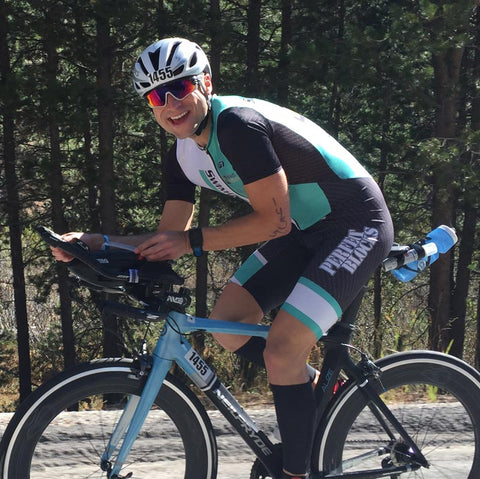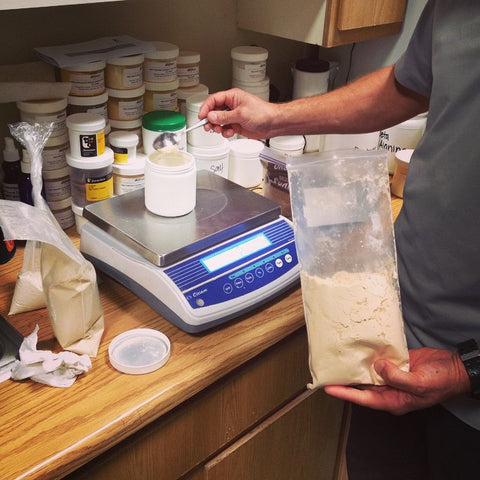Written by Evan Rudd. Evan was one of Fluid’s first sponsored triathletes back in 2007 and he currently races for the Fluid-sponsored SwimOutlet.com triathlon team. This post describes Evan’s struggles and triumphs with Ironman racing and offers some insight on how to bounce back after a disappointing race.
I’ve had the taste of blood in my mouth all day.
I was just dealt a metaphorical punch to the face courtesy of that race called Ironman, but I literally have blood in my mouth because I’ve been relentlessly blowing snot rockets all day in a futile attempt to liberate my body of a vicious head cold that has rendered my limbs useless and void of energy, yet has filled my head so full of mucous it could explode any second. My continuous snot evacuation efforts combined with the dry mountain air has burst a vessel somewhere, causing a constant trickle of blood down the front of my jersey and the back of my throat since I reluctantly mounted my bike and started blowing about eight hours ago.
I’m sitting alone on a curb near Pearl Street in Boulder a few hundred yards from the finish chute in earshot of the announcer welcoming athletes across the line. What a stupid place to sit. I should be crossing that line right now, but I’m alone on a curb, with blood in my mouth, too dehydrated to cry and too tired to move.
I came to Boulder to conquer the world, or at least that’s what my goal of qualifying for Kona equated to in my first attempt at the Ironman distance. To understand the weight of my expectations, it’ll help to understand how ingrained this sport is into my identity. I grew up idolizing my dad who has been a triathlete since before I was born. I’d volunteer at his races and hand out water on course. I did my first triathlon when I was 13. My older brother has pushed me to beat him for as long as I can remember. This is more than a sport to my family, it’s our religion.
My dad, who has now finished seven Ironman races, has dreamt of doing one with my brother and me since we were kids. He wanted us to feel the magic with him and knew that glorious feeling of crossing the line would be exponentially greater if we could share that experience. In November of 2014, the foundation for that dream was established and we signed up for Ironman Boulder together.
Flash forward eight months to three days before the race. What I thought was allergies was actually a sinus infection. Fever. Headache. Complete shut-down of all bodily functions. Check, check and check. The day before the race I contemplated surrender, but I had trained so hard and wanted to finish so bad, I decided to give it a shot.
I’ll summarize my race by stating that I felt predictably horrible the entire time. I dropped out half way through the run, which was actually farther than I expected to make it. Sitting on that curb was a low point in my triathlon career. It was so far removed from what I planned. I was so confident, I had already started looking at flights to Kona and researching places to stay.
We make plans, God laughs.
The post-Ironman hangover is real and it’s damn painful. It’s like going through a breakup, which I coincidentally went through shortly after the race. It leaves you searching for answers and questioning everything. How could I fail at something I put so much time into? It was important for me to recognize that catching a cold was out of my control and trying to make a poor relationship succeed was about as smart as trying to race an Ironman with a 102 degree fever. It just ain’t gonna work.
I think triathletes are an inherently optimistic group and have a tendency to get lost in expectations. When things don’t work out, it can be downright devastating. My expectations for Boulder were too high. Maybe I wouldn’t have felt so crushed had I not been shooting for the stars. I just couldn’t help it. I think if you do this sport long enough, you’ll end up with your own “alone on a curb” moment. Here’s how I dealt with it.
The race was on August 2nd. On the 3rd, I swore off triathlon forever. On the 4th, I started to consider the idea of maybe signing up for another Ironman in a few years. On the 5th, I checked to see if there were any Ironman races with spots available in 2015. On the 6th, I texted my brother.
“Dude, Tahoe still has spots. I want redemption! You interested?”
His response was emphatic and surprising. He struggled on the run in Boulder and trudged his way to a 6:55 marathon. I asked the question with 95% certainty he’d say no way. Instead, he wrote “Hell yes,” and just like that, we had another Ironman on the calendar.
I grew up about an hour and a half from Lake Tahoe and spent summers in the woods camping, mountain biking and swimming in the lake’s impossibly blue water. I don’t live at altitude, but I convinced myself I had a home field advantage heading into the race. I felt relaxed and confident, completely at ease with whatever happened on race day. My mindset for Boulder was qualify for Kona or bust. My only goals for Lake Tahoe were to feel good and have fun.
Everything was perfect. The course was wildly hard and overwhelmingly beautiful. Athletes were actually walking their bikes up the main climb on the course, which I had never seen before in a triathlon. I had no idea what my time was while I was racing. It didn’t matter. My goals were to have fun and feel good and I raced accordingly. I chatted with family and friends on course, took my time through the aid stations, stopped to take in the scenery and had a swig of beer around mile 17. After crossing the line, I thought back to how depressed I felt in Boulder in comparison to the awesomeness of this moment. A lot can change in seven weeks.
Life is full of PRs and DNFs, it’s what makes the journey interesting. I don’t encourage anyone to race two Ironmans in less than two months, but my advice to avoid the post-Ironman hangover is to set realistic goals, be overly thankful you have a body that allows you to participate in this crazy sport and share your experiences with your loved ones. And try to remember, the bad races make the good ones that much sweeter.






